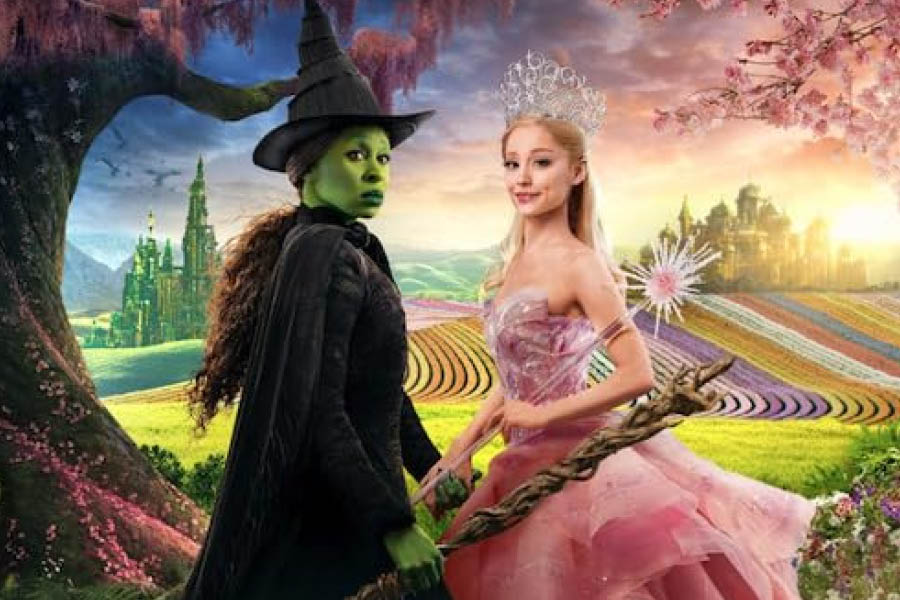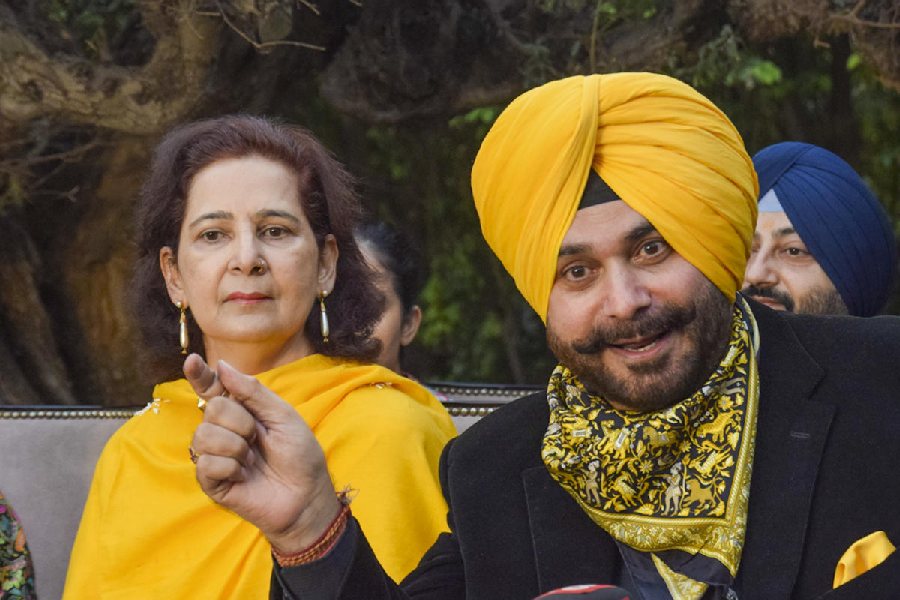Never have so many millions so suddenly lost their jobs. Never has the US government vowed to spend so much money all at once to stave off economic ruin. Still, never has the financial security of so many been in such jeopardy.
But what’s most immediate, never have Americans had to watch so many die day after day, separated from friends and family, the air drained from their lungs by a virus that was first detected in the country less than two months ago.
“We’ve lost over 7,000 lives to this crisis,” said governor Andrew M. Cuomo of New York. “That is so shocking and painful and breathtaking, I don’t even have the words for it.”
Around the world, the official death count surged towards 100,000 and public health officials from Paris to Los Angeles said the only way to keep that figure from growing even faster would be to extend the lockdowns.
The virus has yet to reveal many of its insidious mysteries, but new data and a growing body of research have shown that it preys on the human propensity to connect.
In one densely crowded, seven-square-mile area in the center of the New York borough of Queens, it took just weeks for the virus to infect thousands.
In theory, the pathogen infects princes and paupers alike, but working-class and immigrant communities like the one in Queens have been especially hard hit, exposing the deep inequities in American society and its health care system.
The swift spread of the virus in locations where people live in cramped quarters has raised concern for vulnerable populations around the world. But it is also behaviour — once common, daily behavior — that can give the virus life.
A new study from the Centers for Disease Control and Prevention revealed how one unsuspecting man who attended a dinner, a funeral and a birthday party in Chicago was the likely source of a chain of transmission that would lead to the infection of at least 15 people, three of whom later died.
Yet Republican lawmakers in Kansas blocked efforts by the governor to restrict large gatherings, saying that worshipers should be able to attend Easter services.
In most of the US, even funerals have been cancelled.
Fauci warning
The top US infectious disease expert warned on Friday that even though hard-hit spots like New York are showing positive results in the battle against the coronavirus, it is too early to relax restrictions on Americans.
The warning from Dr Anthony Fauci came as President Donald Trump administration’s top economic officials said on Thursday they believe the US economy could start to reopen for normal business in May, despite health experts’ urging to continue social distancing to defeat the coronavirus.
Trump, a Republican seeking re-election on November 3, has made clear he wants to get the economy going as soon as possible. “Hopefully we’re going to be opening up... very, very, very, very soon, I hope,” he said on Thursday at the White House's daily coronavirus briefing.











